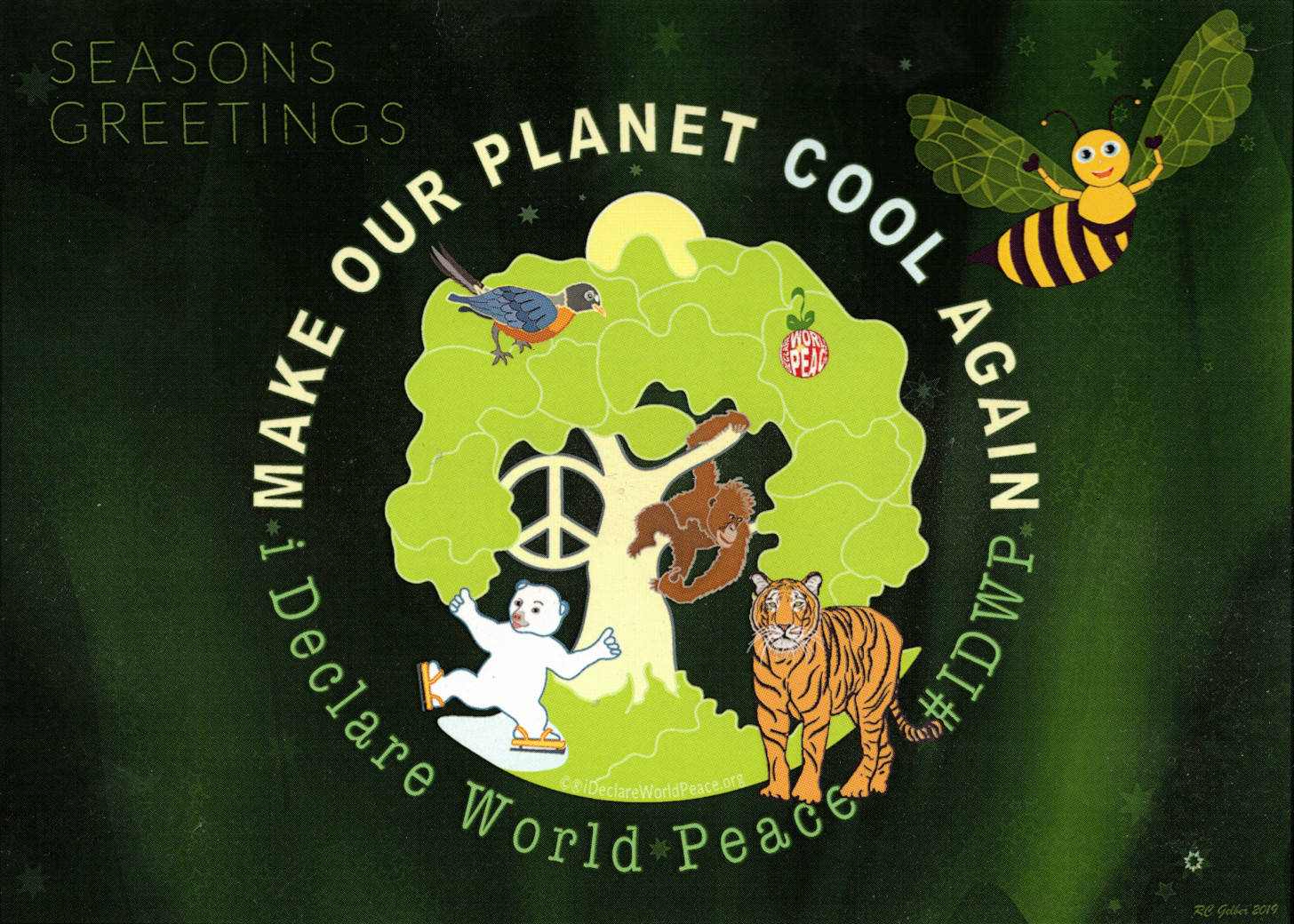Why Acknowledgment is Like a Magic Charm for Relationships
PHIL: We were talking about the role of acknowledgment in relationships. At basis, it’s a recognition that the other person exists. You are saying “I see you”, which is incredibly affirming. It’s more than saying “Oh, there you are”; it’s …
Why Acknowledgment is Like a Magic Charm for Relationships Read more »









